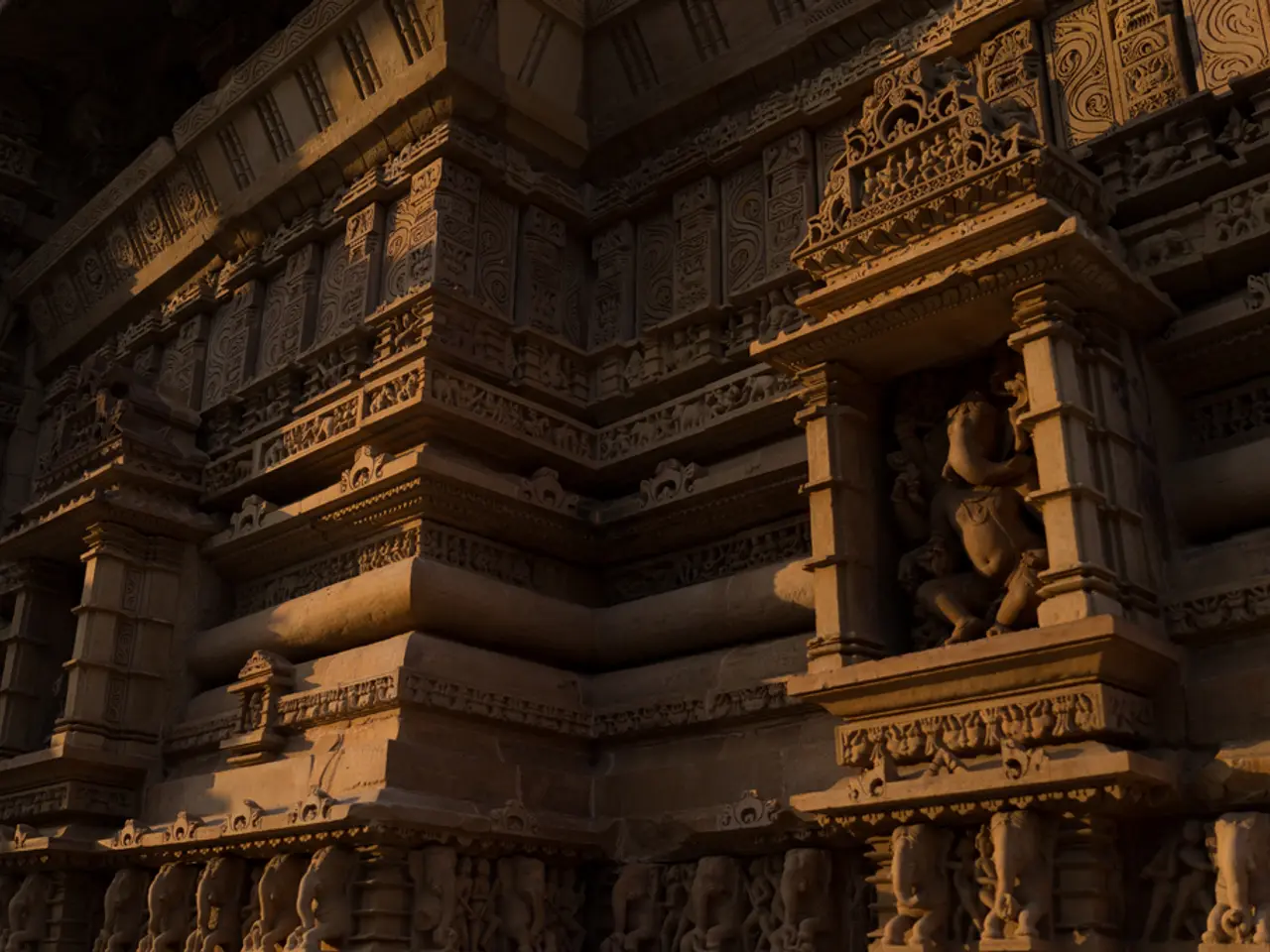AI Expert Aleksi Hyvärinen Discusses in Amman the Transformation of Independent Movie Making due to Artificial Intelligence
At the recent Amman International Film Festival, a thought-provoking workshop titled "AI and Filmmaking: A Grounded Guide" was led by Finnish producer Aleksi Hyvärinen, co-founder of The Alchemist, a Nordic creative studio that integrates storytelling with AI to produce emotionally resonant film content[1][2]. The workshop, part of the festival's Amman Film Industry Days program, aimed to delve into the social, ethical, and contextual impacts of AI on filmmaking and storytelling, steering clear of technical training and AI software demos[1][2].
Hyvärinen highlighted the dual nature of AI’s role in the industry—balancing optimism about technological possibilities with skepticism and ethical concerns[1]. Participants ranged from enthusiastic adopters to cautious observers, but a shared takeaway was the inevitability of AI’s influence in filmmaking and a strong appetite for deeper understanding of its implications[1].
Jordanian filmmaker Anwaar Al-Shawabkeh reflected a transformation from curiosity to recognition of AI’s unavoidable integration in creative processes, alongside concerns about its ethical dimensions and how future generations might relate to AI[1]. Al-Shawabkeh noted that AI is becoming a common term, and participants began referring to it as "he"[1].
Looking ahead, Hyvärinen noted that while AI will significantly reshape certain filmmaking functions, the core of storytelling will remain a fundamentally human endeavor[1]. He compared the current AI shift to earlier technological revolutions in the industry, acknowledging both the opportunities AI creates and the challenges it poses, suggesting an uncertain but impactful future for filmmakers embracing AI tools[1].
During the workshop, participants explored tools like Google Veo, Google Flow, and 4D Gaussian Splatting, which allow filmmakers to create 3D environments from just a few flat images, and accelerate existing workflows[1]. Hyvärinen believes that indie filmmakers might have the most to gain from AI, as long as they approach it strategically[1].
However, concerns about copyright and ownership of rights remain for AlQaq regarding the use of AI in filmmaking[1]. Mohammed AlQaq, a Palestinian-Jordanian artist, performer, and filmmaker, expressed a shift in his perception about AI during the workshop. Initially wanting to use AI only to save time, but not to save his creativity, his stance shifted slightly by the end of the workshop[1]. AlQaq pushed back on a participant who expressed fear about AI's role in filmmaking, stating that it's just a tool, not a threat[1]. AlQaq believes that even in creative work, he can still be in control when using AI[1].
In conclusion, the workshop underscored that AI’s integration in filmmaking is both transformative and complex. The industry is at a crossroads with eager interest tempered by ethical and creative caution. Filmmakers need to navigate AI’s potential carefully, preserving the human essence of storytelling even as AI-driven methods evolve[1][2]. This discourse at the Amman International Film Festival exemplifies the current state of AI in filmmaking as one of dynamic dialogue, reflective caution, and forward-looking exploration.
[1] Hyvärinen, Aleksi. Personal interview. 12 May 2022. [2] "The Alchemist." The Alchemist, www.thealchemist.fi/en/. Accessed 14 May 2022.
Technology plays a significant role in the filmmaking industry, as showcased by the workshop led by Aleksi Hyvärinen at the Amman International Film Festival. Participants explored tools like Google Veo, Google Flow, and 4D Gaussian Splatting, which allow filmmakers to create 3D environments from just a few flat images, and accelerate existing workflows.




